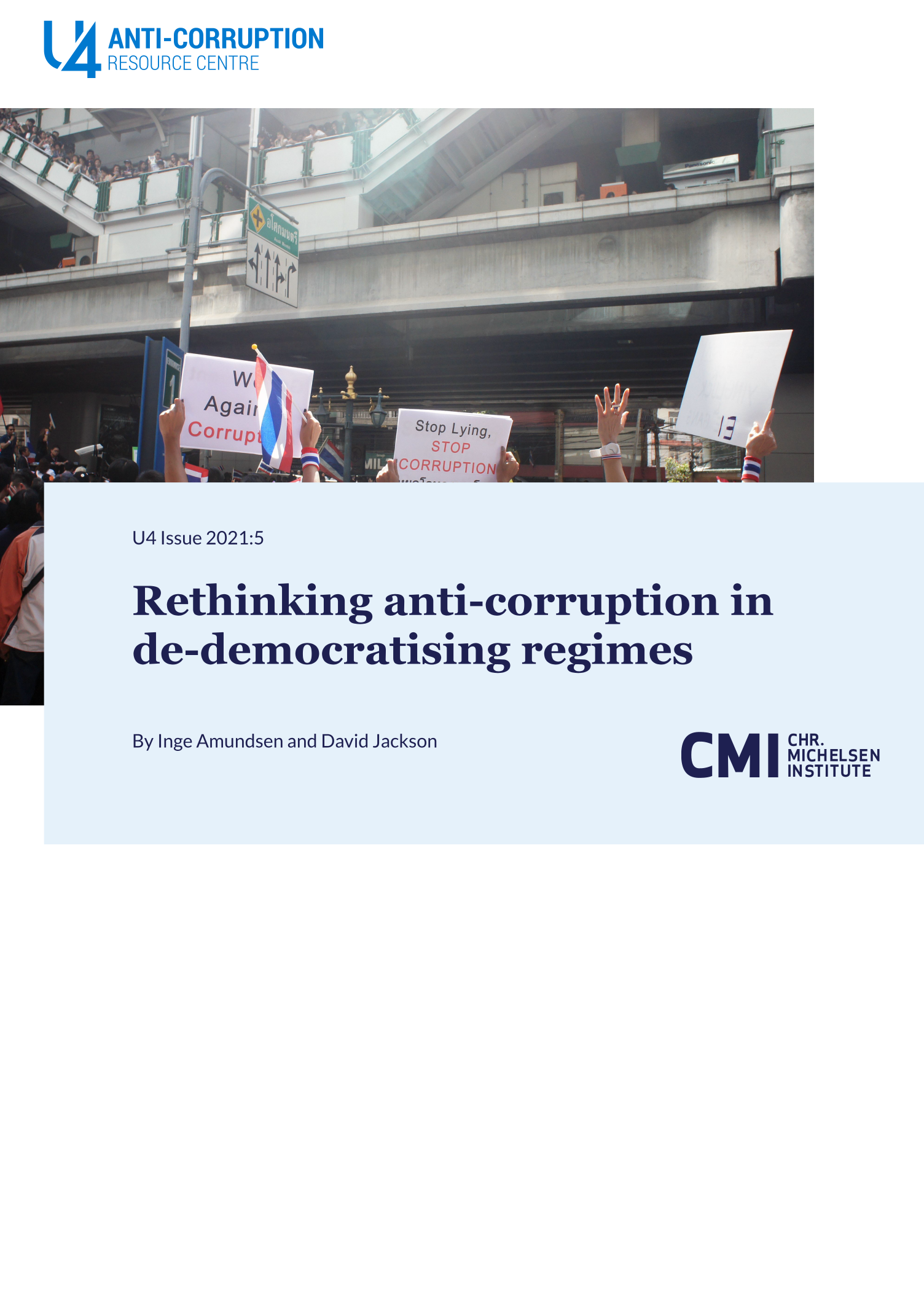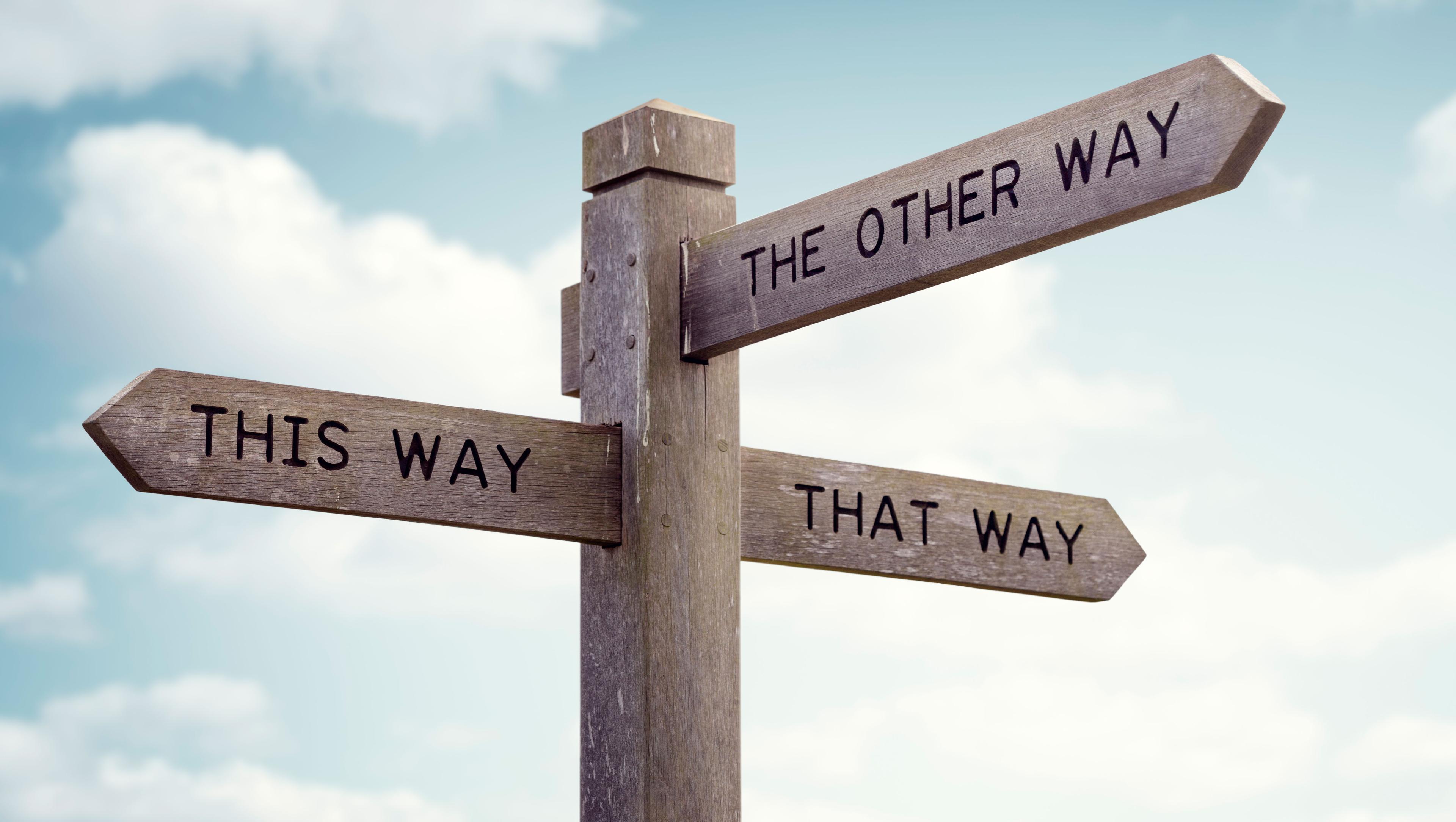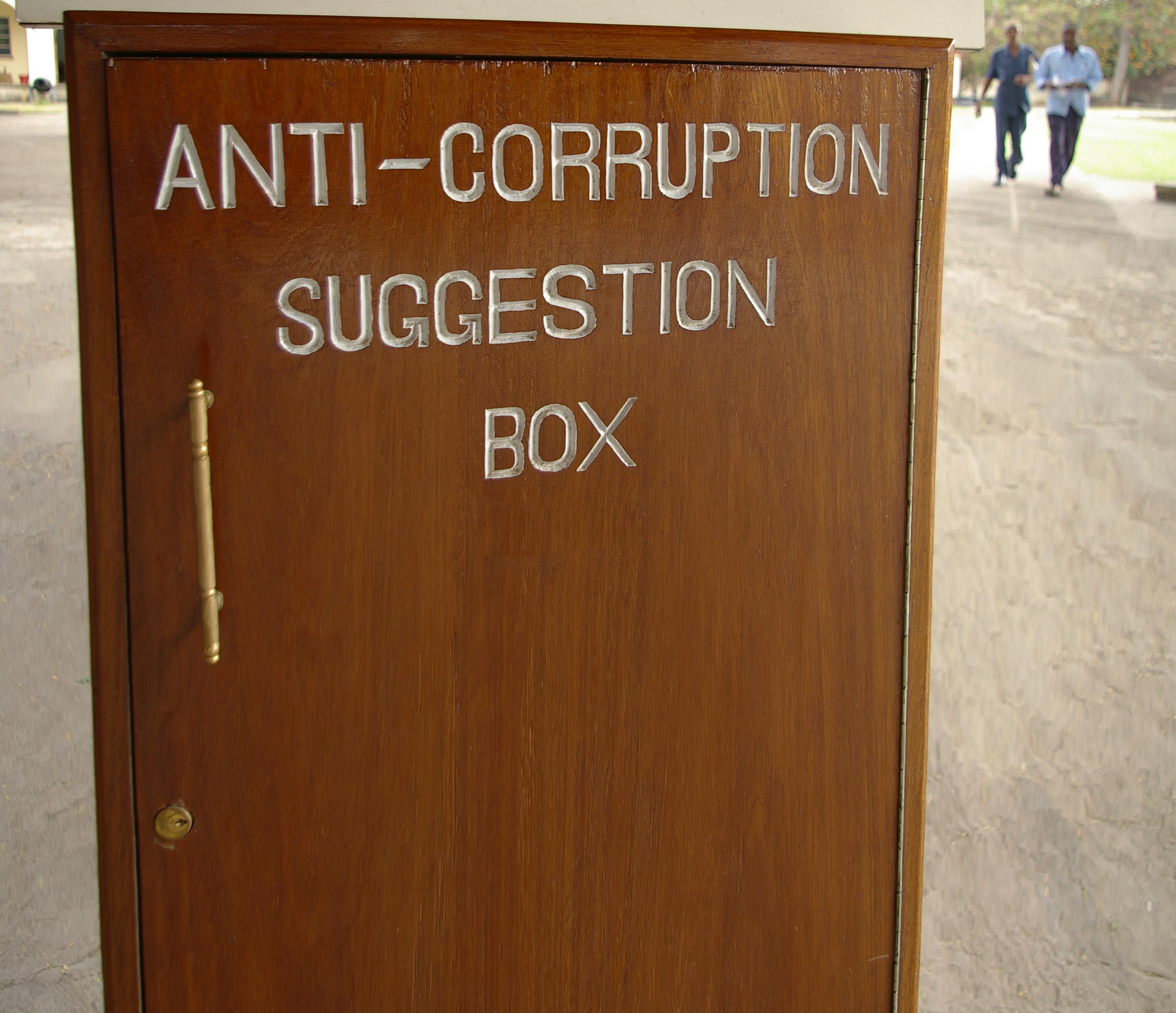Main points
- Democracy is under threat around the world. In some countries, democracy has broken down and is giving way to autocracy.
- De-democratising regimes were once democratic or clearly democratising states, but are now sliding backwards. They are not yet fully authoritarian but have taken substantial steps towards authoritarianism.
- Most de-democratising countries have democratically elected populist leaders. These illiberal leaders are now threatening democratic institutions and norms.
- In such countries, the opposition is stifled, institutional systems of checks and balances are undermined, and rules of the game are changed to lock in the leader’s advantage.
- The consequences for anti-corruption are severe. Traditional governance-focussed reforms are rolled back. Illiberal leaders may even weaponise anti-corruption, abusing state institutions like anti-corruption commissions to cripple the opposition.
- Anti-corruption efforts need to be aligned with a broad democratisation agenda in which corruption is understood as a political phenomenon.
- First, anti-democratic politicians and their strategies should be identified. Second, anti-corruption should strengthen the institutions not yet wing-clipped, reinforce the remaining opposition, civil society, and media not yet stifled, and protect free and fair elections before it’s too late.



